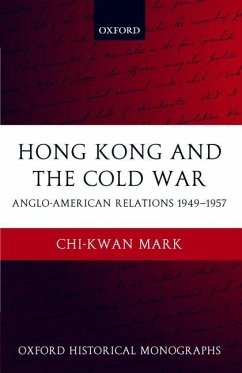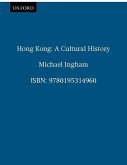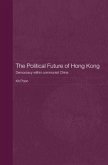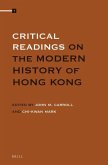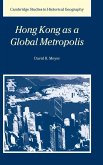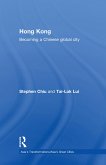Above all, top decision-makers in Washington evaluated Hong Kong's significance not in its own right, but in the context of the Anglo-American relationship: Hong Kong was seen primarily as a bargaining chip to obtain British support for US policy elsewhere in Asia. By using a variety of British and US archival material as well as Chinese sources, Dr Mark examines how the British and US government discussed, debated, and disagreed over Hong Kong's role in the Cold War, and reveals the dynamics of the Anglo-American alliance and the dilemmas of small allies in a global conflict.
After 1949, the British Empire in Hong Kong was more vulnerable than it appeared to be. Its vulnerability stemmed as much from Britain's imperial decline and America's Cold War requirements as from an imminent Chinese threat. This is the first scholarly study that explores the interactions of British and US policies towards Hong Kong, and reveals the dynamics of the Anglo-American alliance and the dilemmas of small allies in the global Cold War.
After 1949, the British Empire in Hong Kong was more vulnerable than it appeared to be. Its vulnerability stemmed as much from Britain's imperial decline and America's Cold War requirements as from an imminent Chinese threat. This is the first scholarly study that explores the interactions of British and US policies towards Hong Kong, and reveals the dynamics of the Anglo-American alliance and the dilemmas of small allies in the global Cold War.

